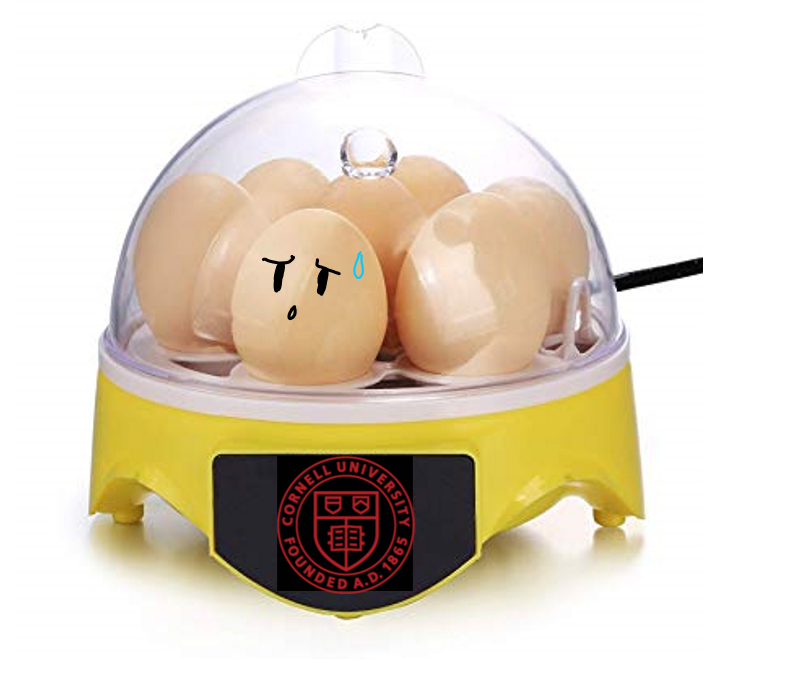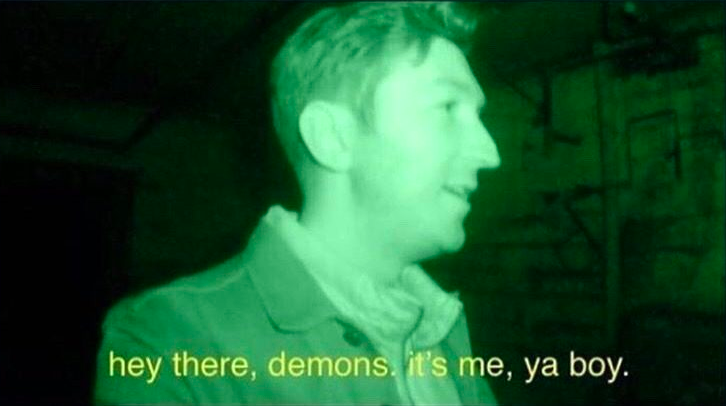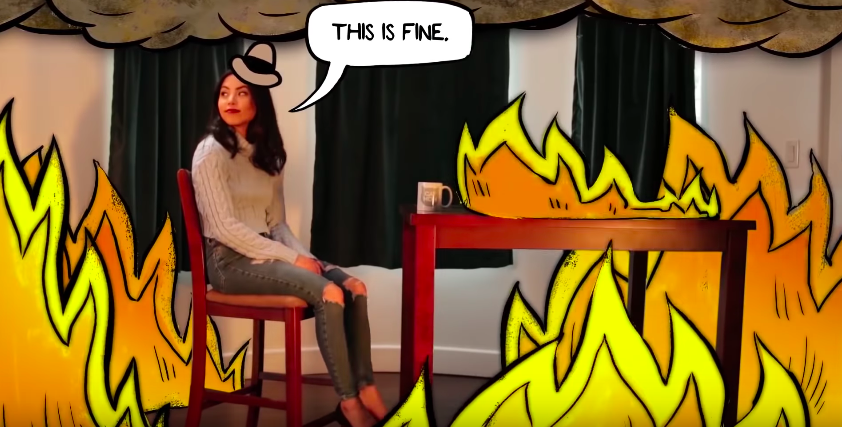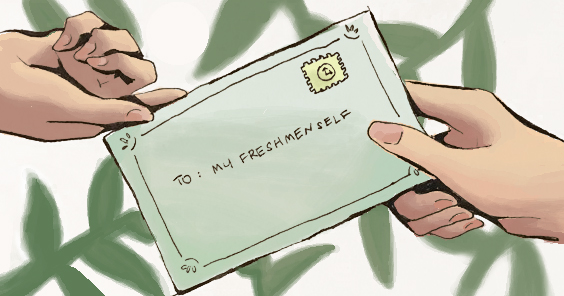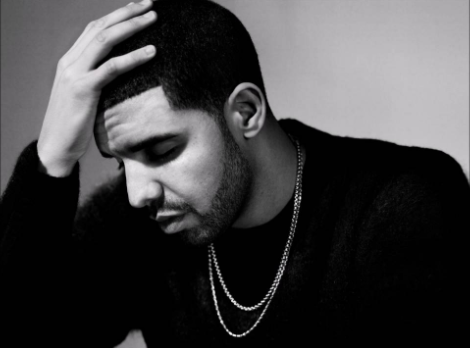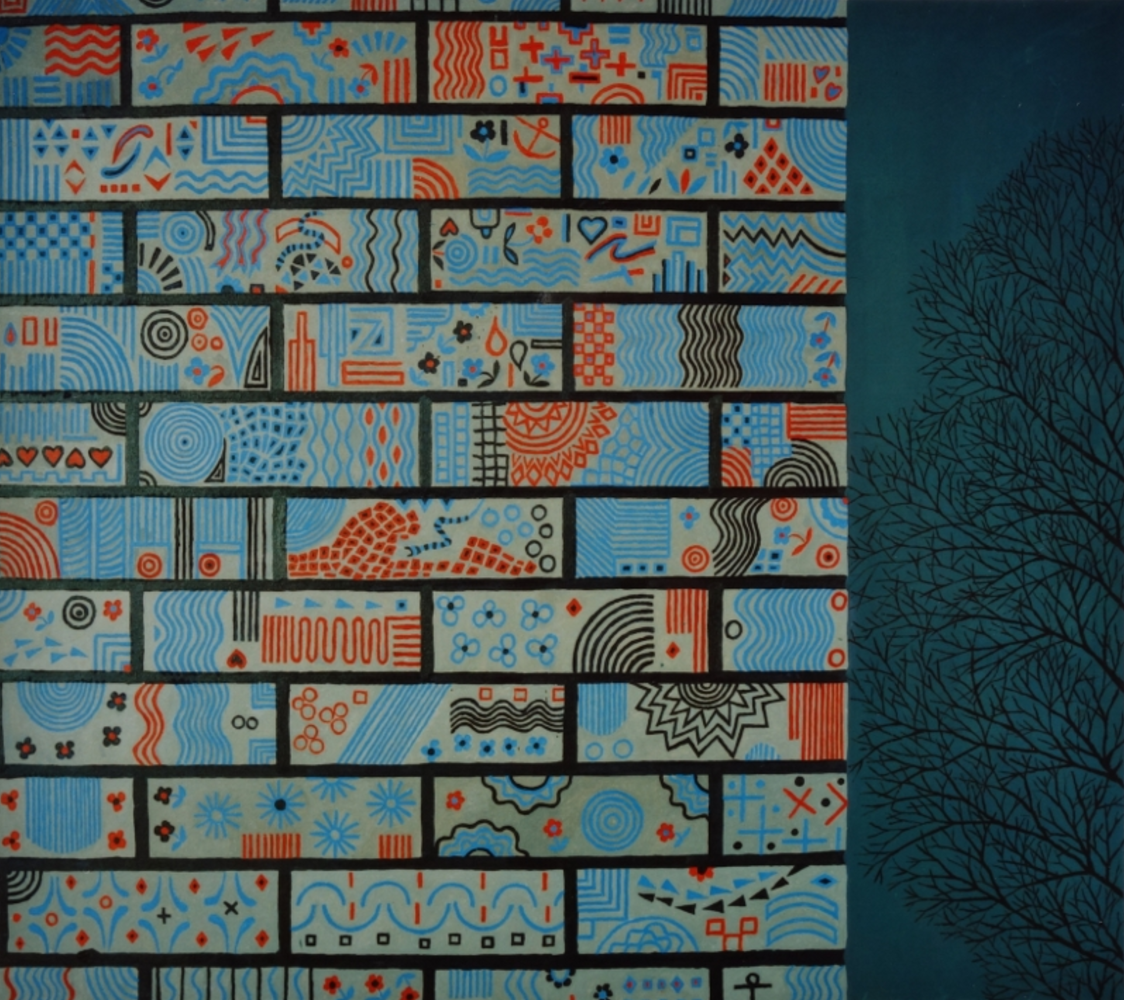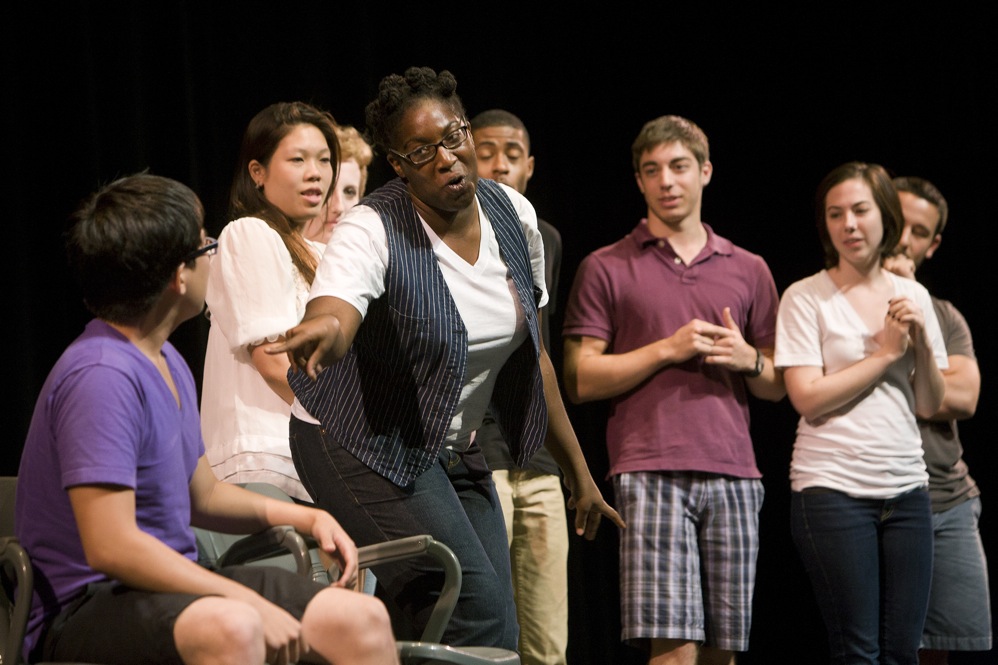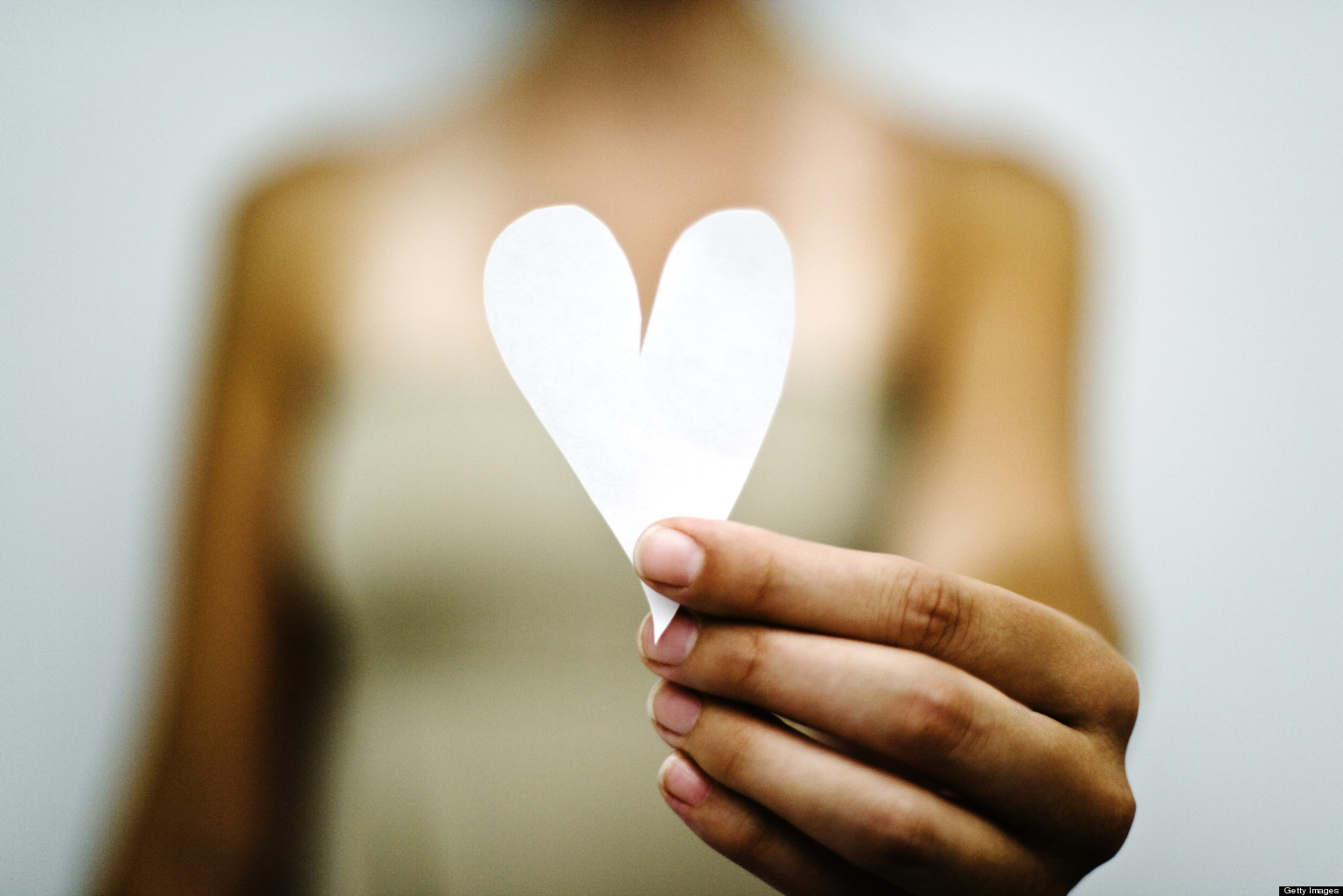Life
EDITORS ANECDOTE | Oops, I Exposed My Feelings
|
So recently I found myself in a tragic, embarrassing situation that may as well be straight from a viral college tweet. I mean, take the infamous “I am worried” email sent to a professor and multiply the awkwardness by twenty to get something near the level of cringe of my situation. Let me explain: Picture a neurotic student at the onset of mid-semester depression with enough angst and loathing to fill every non-ergonomic slidey chair of MVR G71. This was me. It was quiz day in Biochem, which is otherwise known as that day every week when we study 80 slides worth of stupidly specific knowledge only to be tested on five of those things in a timed, true/false format.
